Miniature Rose White Plant
₹431.00 ₹366.00
Miniature roses are true roses, bred to stay small in size. Most mini roses also have smaller flowers than standard rose bushes, but they come in a variety of types and colors
Description
Purchase Description
- Miniature Rose (White) Plant
- Product Material : Natural Plant With Pot , Quantity : 1
- Pot : Height : 5 Inches (13 cm), Pot Colour : Black (Plastic)
- Very easy to maintain and Suitable for gifting to Plant Lovers
Plant Description
Despite their small size, miniature roses are extremely hardy. In fact, they are more winter hardy than most tea roses. Miniatures also tend to be profuse repeat bloomers. The genetic parentage of miniature roses can be difficult to define since they have been in cultivation since the 17th century, but most originated as genetic mutations of Old Garden Roses (Rosa gallica and Rosa centifolia), or China roses (Rosa chinensis). Most types now grown are the result of extensive breeding and are quite divorced from the original native species.
All miniature roses work well in a border or as edging. However, they are especially nice as specimen plants in containers, where they can be brought closer to eye level and truly be seen and appreciated.
How to Grow Miniature Roses
Plant and treat miniature roses the same way you would full-size roses. Dig a hole the same depth as the pot the rose came in and about a foot wider. Carefully remove the rose from the pot and gently loosen the roots. If the plant is tightly root bound, use a sharp knife to score the sides of the root ball and try again to loosen the roots.
Add some organic matter to the soil to the hole, if your soil needs it. Place the rose bush in the center of the hole, with the roots spread out.
Fill in the hole and gently firm down the soil. Thoroughly water the newly planted bush and then apply a layer of mulch.
Most minis are not budded or grafted, so gardeners in colder climates don’t need to worry about covering or mulching the graft, and gardeners in warmer climates won’t need to be concerned about suckers from the rootstock.
Light
Miniature roses thrive in full sun. Foliage and flowers will become sparse in shady conditions.
Soil
Roses like a rich, well-drained, loamy soil. This is one plant where potted specimens can be grown in commercial garden soil rather than a potting soil mixture. Do not dig garden soil from the garden to use in your pots; instead, buy bags of garden soil.
Water
How much water your rose bush will require depends on your soil and weather. A general rule of thumb is to provide at least 1 inch of water each week. During hot, dry spells you will need to water more frequently. Be sure to water deeply, so that the soil is wet at least 12 to 18 inches below the surface.
Avoid getting the leaves wet during humid weather to discourage fungal diseases.
Temperature and Humidity
Although mini roses do quite well in containers and you often see them sold as houseplants, many gardeners are disappointed by their performance indoors. Like roses, they need full sun and medium humidity.
These are easy enough to provide in summer, but humidity drops considerably when the heat comes on indoors and roses will quickly become desiccated. Mini roses given as gifts will do best if transplanted outdoors.
Fertilizer
Roses can be heavy feeders and since mini roses continue blooming all season, regular fertilizing is essential. Use any commercial rose food or general purpose fertilizer, according to label instructions. To keep your plant healthy:
- Feed when the bush first leafs-out.
- Feed after each heavy flush of bloom.
- Stop feeding about 6 to 8 weeks before the first expected frost to discourage new growth that could be killed back during winter.
Varieties of Miniature Roses
- Climbers: Minis roses with a vertical, rambling growth habit can be trained to grow against supports. The only thing "miniature" about these roses is the size of their flowers. Award-winning 'Jeanne Lajoie' doesn’t appear to be a mini at all, when allowed to reach heights of more than 7 feet.
Disclaimer: The image is for reference purposes only. The actual product may vary in shape or appearance based on climate, age, height, etc.
Only logged in customers who have purchased this product may leave a review.



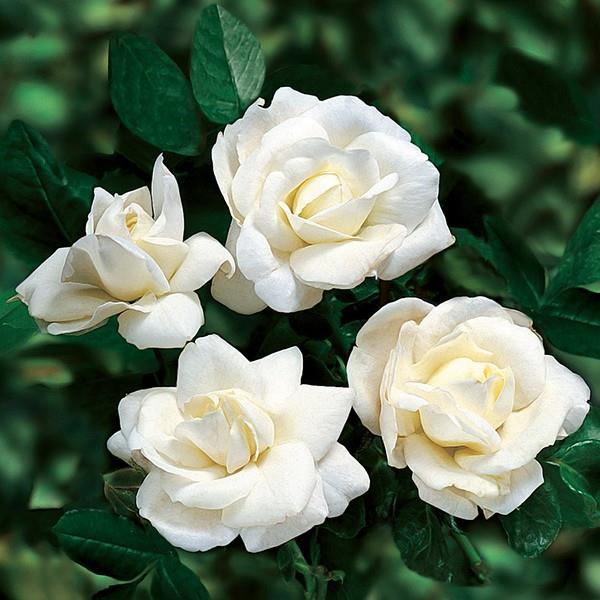
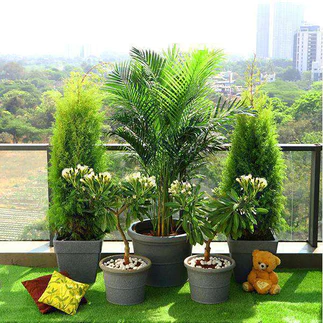
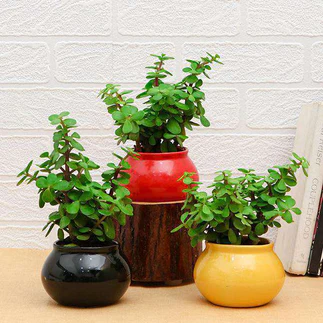
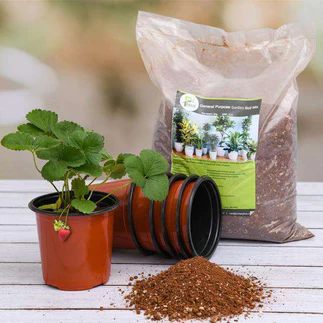
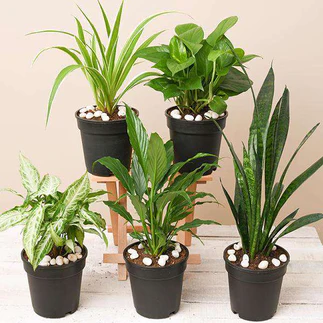
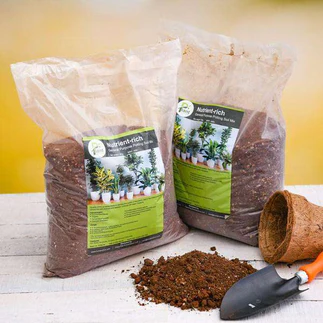
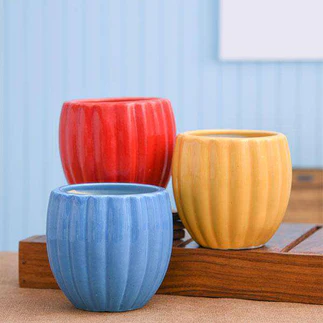
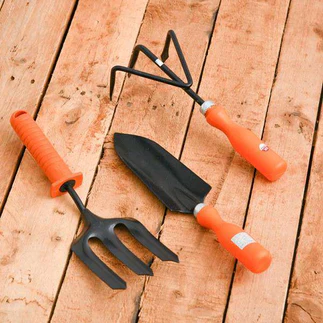
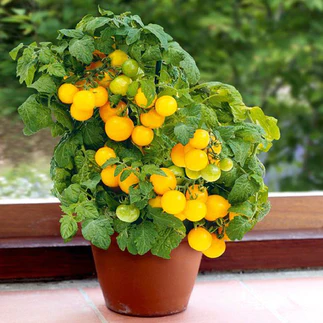
Reviews
There are no reviews yet.